Press Release: AFVi’s CEO To Address Training at The Transport Project Virtual Pipeline Safety Summit
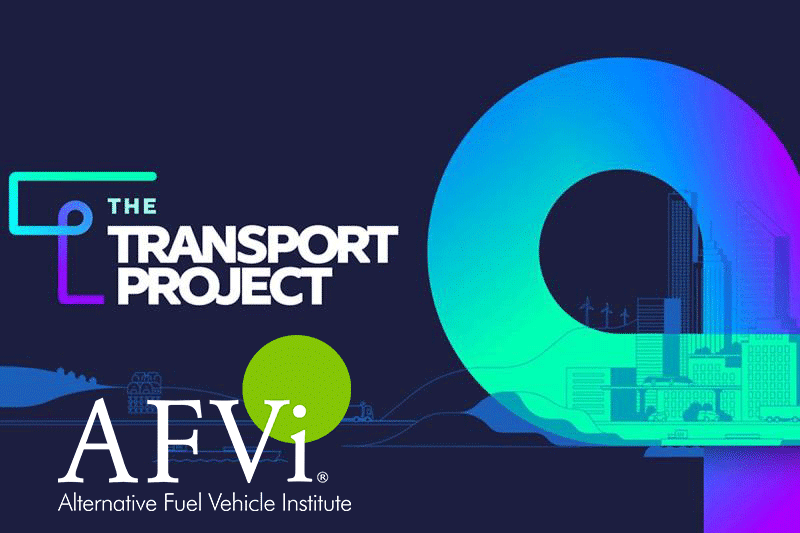
Alternative Fuel Vehicle Institute (AFVi) is pleased to share that its CEO, Annalloyd Thomason, is a featured speaker at The Transport Project Virtual Pipeline Safety Summit currently taking place in Nashville, TN. Known for addressing critical issues in gaseous fuels, the one-day summit will focus on enhanced safety practices in virtual pipeline operations. Unlike traditional, […]
How To Decommission a Natural Gas Vehicle
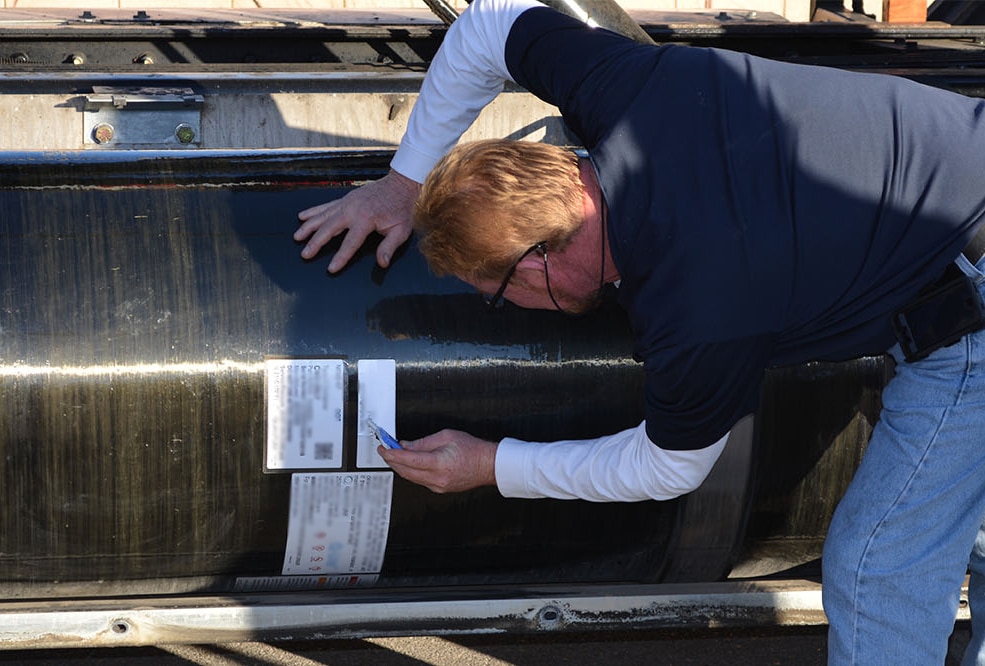
Vehicles that run on compressed natural gas (CNG) are gaining popularity within the alternative fuels industry, thanks in no small part to Cummins latest X15N engine, the adoption of CNG vehicles by major logistics carriers, the availability of renewable natural gas (RNG), and the proliferation of natural gas fueling stations. But as these fleets grow, […]
Are You Confused by the Requirements of NFPA 52 and NGV 6.1?
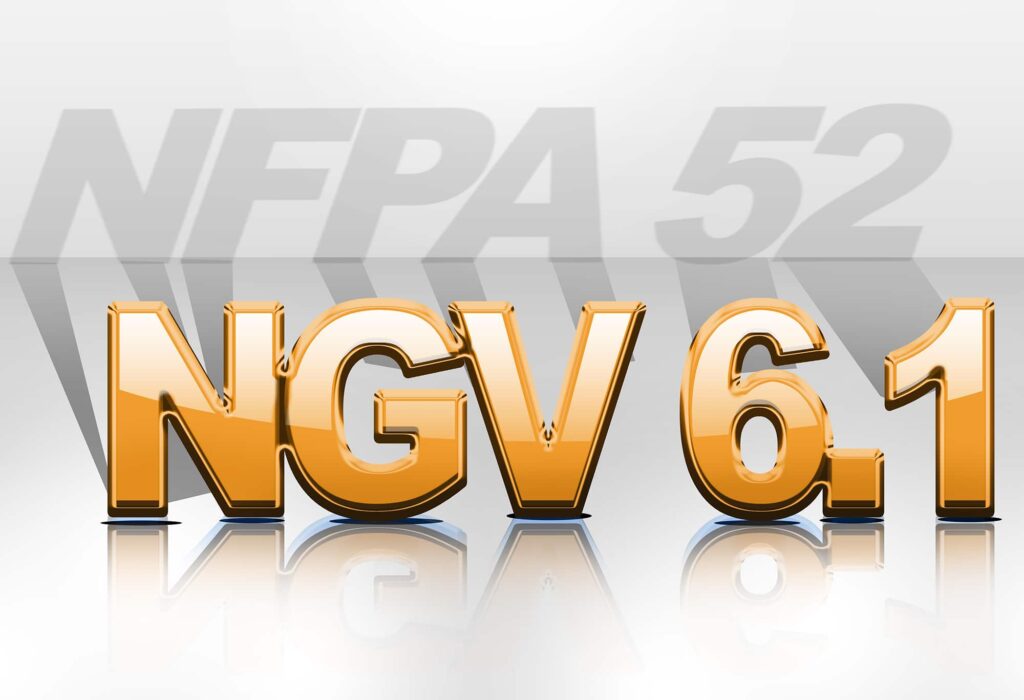
Until recently, the primary code governing CNG fuel system installations has been NFPA 52. However, the 2023 version of NFPA 52 has introduced ANSI/CSA NGV 6.1 as a standard that also governs these installations, and, by default, inspection requirements. The team at NGVi has performed a thorough analysis and comparison of both documents, and has […]
Live-Virtual or E-Learning: Which Online CNG Training Is Better?

CNG training is essential to all technicians who work on or near natural gas-powered vehicles. That training may be as fundamental as learning the safety requirements that are unique to natural gas vehicles, or as involved as exploring the complexities and intricacies of heavy-duty CNG fuel systems and engines. Regardless of what level of knowledge […]
2 Critical Elements for Operating and Maintaining a CNG Transit Fleet
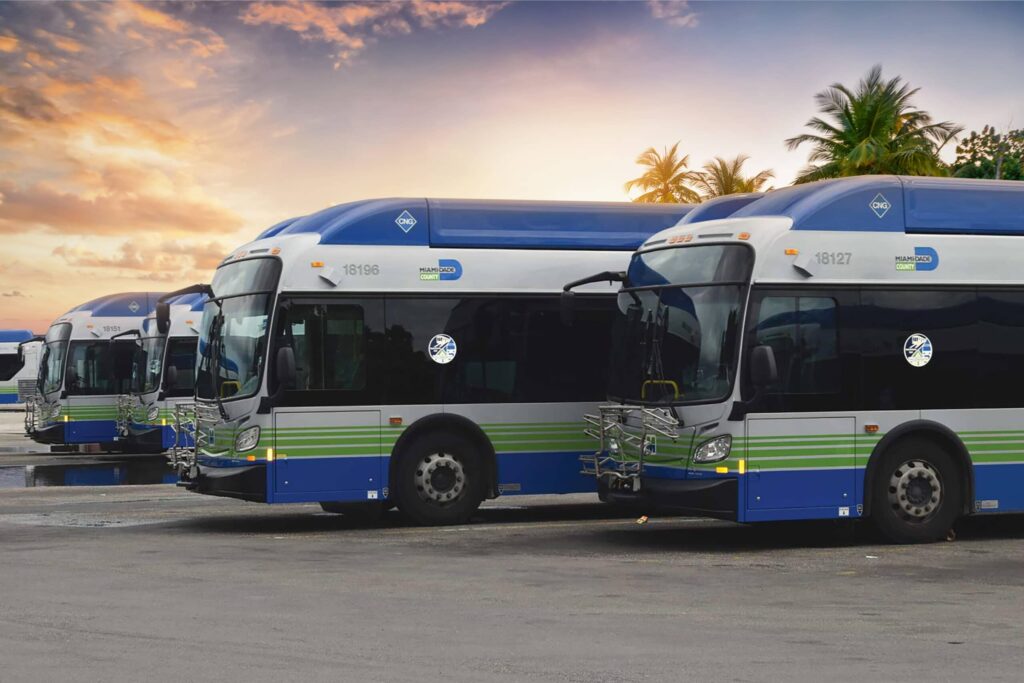
Besides appropriate safety policies and protocols, a CNG transit fleet depends on two critical elements to be safe and successful: 1) obtaining comprehensive training for all technicians and support teams; and 2) performing appropriate fuel system inspections at the proper intervals. Here’s a full breakdown for each, and how to apply them to your own […]
CNG Inspection Interval Changes Approved by US Department of Transportation
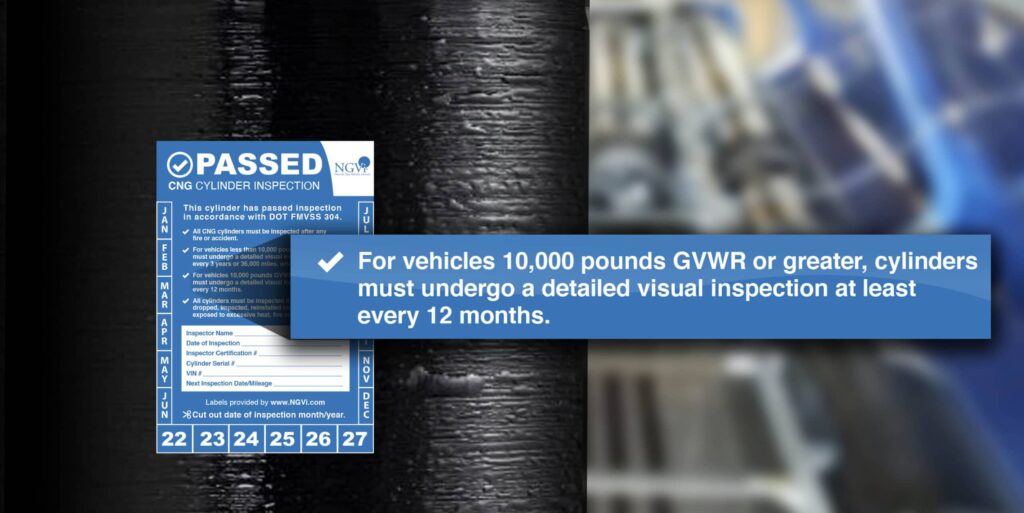
Changes to CNG cylinder inspection intervals required by the U.S. Department of Transportation’s Federal Motor Vehicle Safety Standard (FMVSS) No. 304, “Compressed natural gas fuel container integrity,” were published in the Federal Register February 11, 2022, and become effective March 13, 2022. The compliance date is March 14, 2023, but early compliance is permitted. The […]
Rush Enterprises’ Customized CNG Training Program is the Gold Standard for Fleet Service Operations and Employee Motivation

When it comes to CNG vehicle training and safety, do your technicians participate in individual courses, or do they go through a fully developed program designed specifically for their roles? Both options may sound the same, but there’s a sizable difference: courses tend to be taken by employees as reactive solutions to problems they’ve already […]
Safety Notice – Cylinder Collar Fatigue in Mainstay CNG Modules
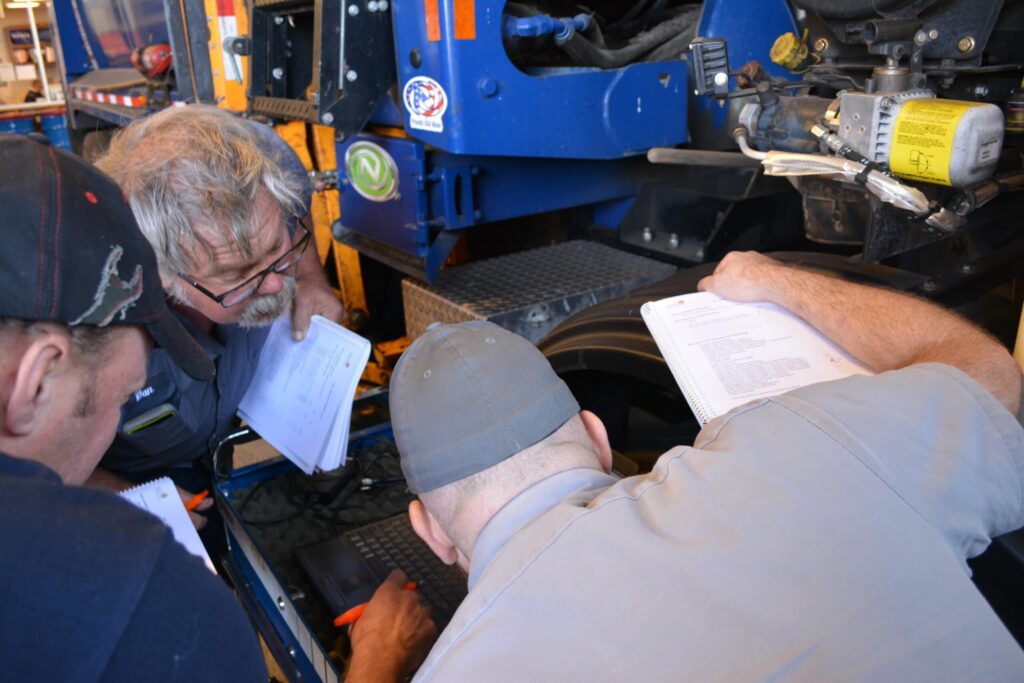
Leo Thomason Executive Director & Instructor Safety Notice – Mainstay CNG Fuel System Modules If you own, operate or service CNG vehicles equipped with Mainstay Fuel Technologies fuel systems, there is a potential safety issue that requires your immediate attention. Two product failures involving cylinder collar metal fatigue occurred in 2019 and 2020 with Quantum […]
Why a Natural Gas Engine Was Slow To Crank and Misfired, with Vapor and Odor in the Exhaust Stream
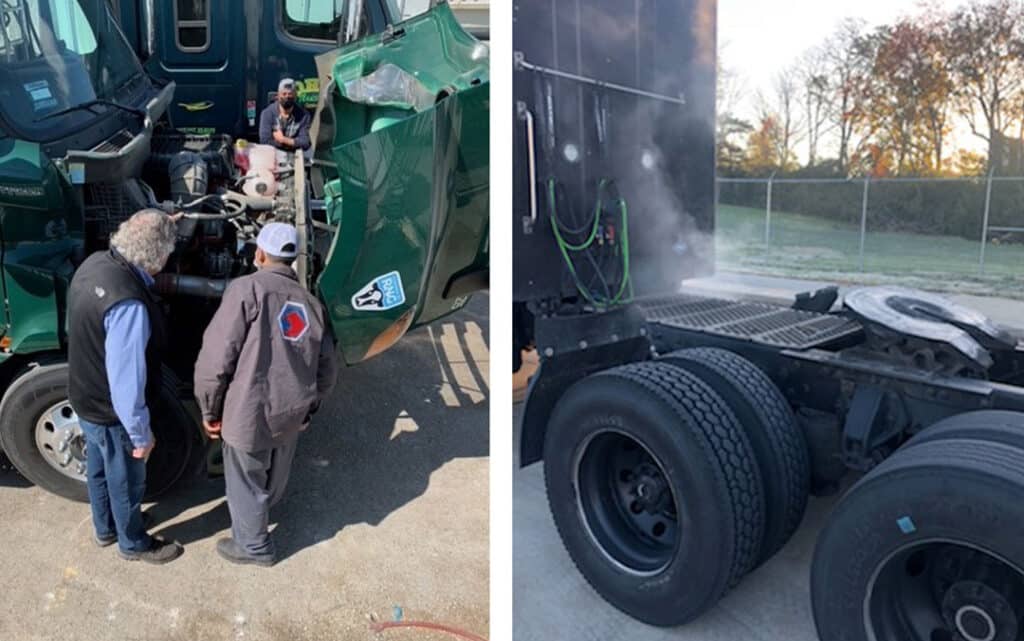
We often get questions regarding the differences between natural gas-powered vehicles (NGVs) and their diesel counterparts. Sometimes those differences are initially concerning to technicians or drivers who aren’t familiar with NGVs, to include times when natural gas engines may be slow to crank, misfire, or even emit steam, vapor, or odor from their exhaust streams. […]
4 Ways Transit Agencies Can Improve Their CNG Fleets
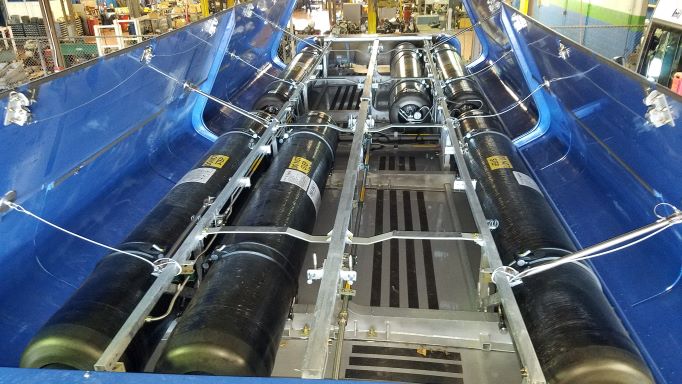
Transit agencies have four key areas they can focus on if they want to maximize the use of their CNG fleets. They include adhering to the proper vehicle inspection intervals; establishing standard operating procedures for maintenance, repairs, and potential incidents; encouraging up-to-date training for drivers and technicians; and requiring certification for all CNG fuel system […]
